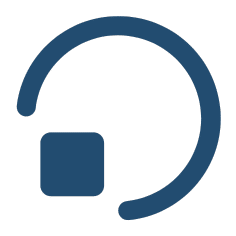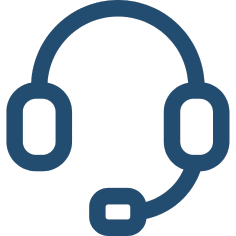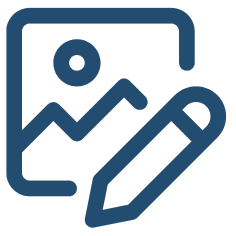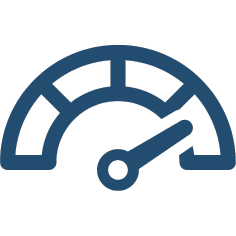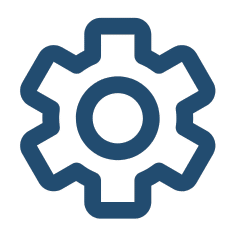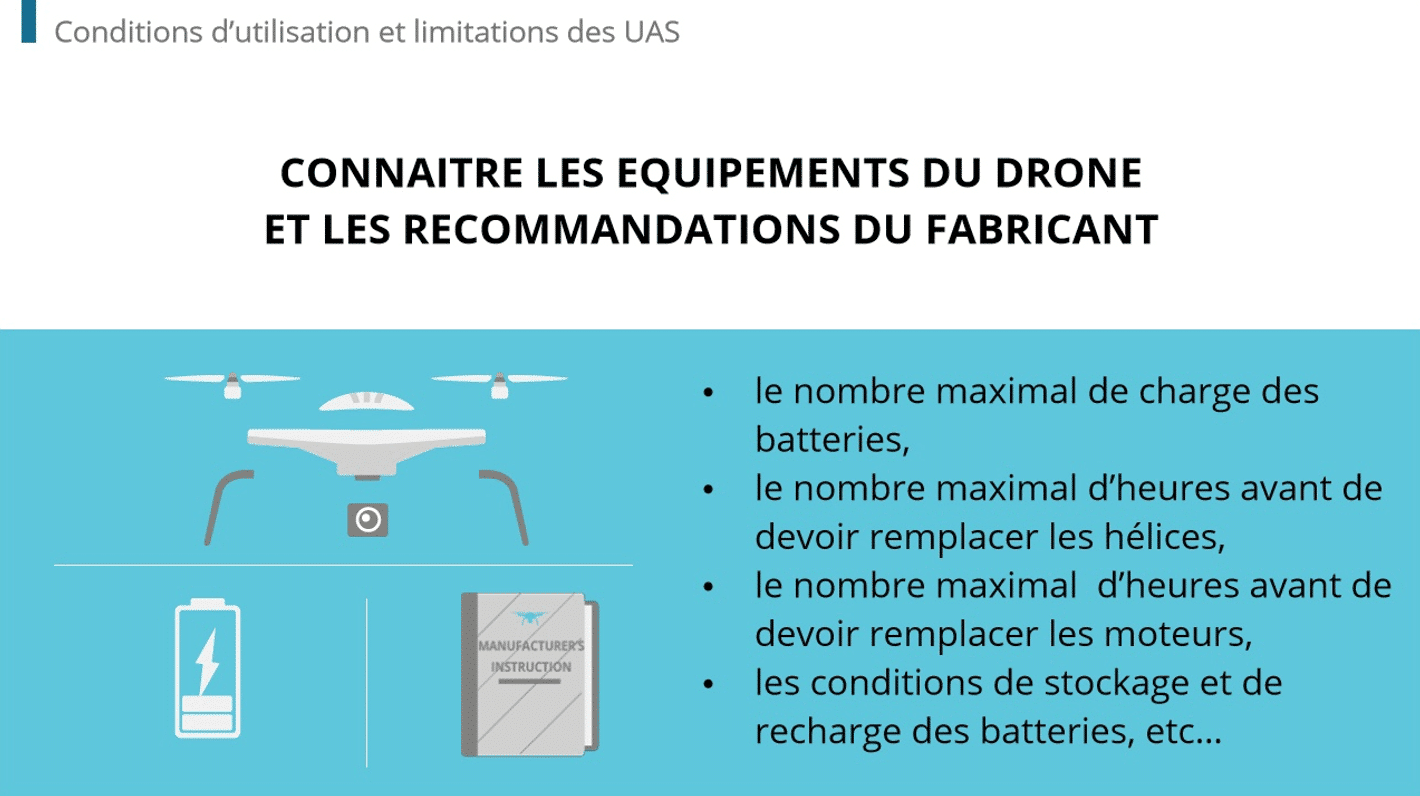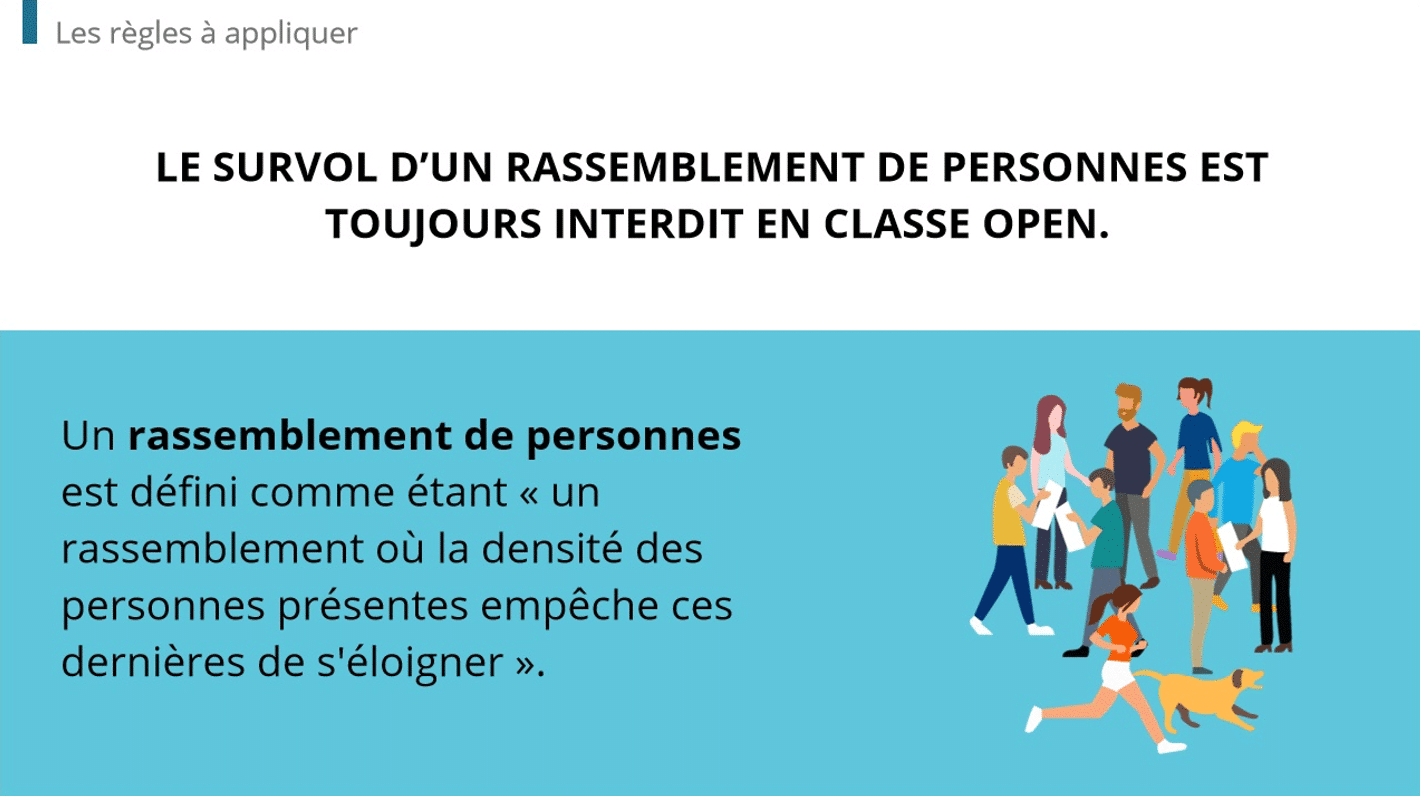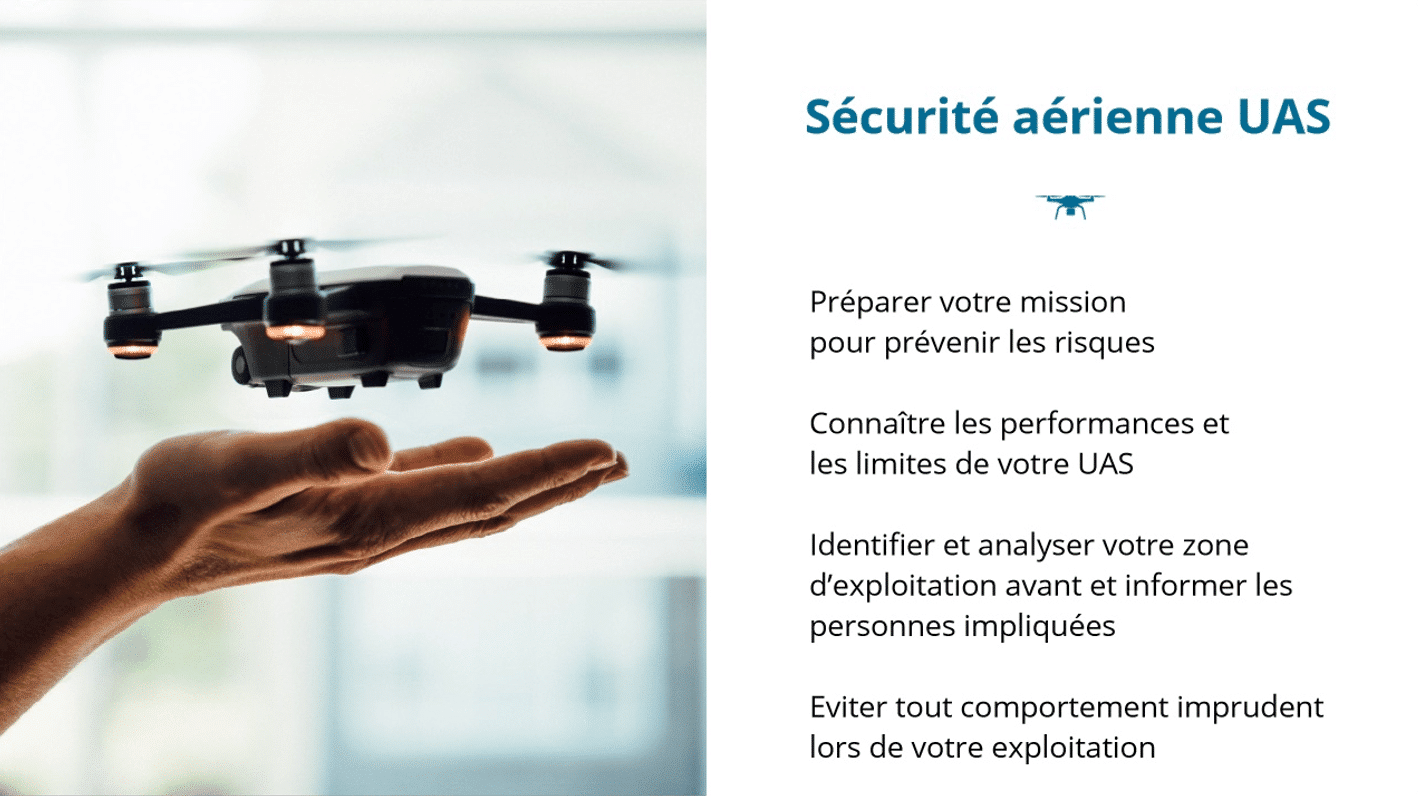Only 13% of employees are fully satisfied with their experience, according to a comprehensive survey by Gartner. How can you improve motivation and desire in your workforce? Happy employees are often productive employees. This is why a strong employee experience is essential for consistent productivity and keeping sudden turnovers to a minimum. Here are ways you can improve staff experience through the deployment of digital learning.
Employee experience defined
Employee experience refers to an employee’s overall satisfaction at work. There are many parameters that define staff satisfaction. This includes factors, such as:
- Rapport with coworkers
- Responsiveness of higher-ups to staff concerns
- Salary and benefits (e.g. paid leave, health insurance)
- Daily interactions with customers
Employee experience shouldn’t be confused with employee engagement. There are overlaps, and the latter includes many of the touchpoints mentioned above. However, employee experience encompasses an employee’s sentiments on a deeper level. This includes:
- How well the company’s vision line up with the employee’s own personal values
- The viability of the employer as a long-term career source
- The sense of contribution to serving a greater good
Why Employee Experience Matters
If employees are satisfied in their line of work, they perform better; it’s that straightforward. Consequently, this leads to other desirable outcomes and benchmarks, such as higher customer retention, conversions, net revenue, and less overhead spending. This is all backed by research. According to a Gallup Pole, companies that prioritize a positive employee experience have:
- 18% fewer turnovers
- 14% better productivity
- 81% fewer employee absenteeism
- 10% higher customer ratings
Best Practices for improving employee experience
How can digital learning be a tool for a more positive employee experience? Consider these e-learning-related practices.
Create how-to primer courses
Employees that know and understand how to do their jobs are more likely to have a more positive work experience. Build competency through an online course. What’s covered in the modules will vary depending on the industry. However, it should include troubleshooting measures on matters, such as:
- How to react to specific customer interaction situations
- How to use specific industry tools and machinery, if applicable
- How to fill out invoices and other logistical work
The courses should be available 24/7 via log-in for staff to review anytime. Notify staff when there’s an update.
Create a compliance course to improve employee experience
Staff should be familiar with their industry’s compliance guidelines. Medical workers, for example, should have a base understanding of HIPAA’s regulations. They don’t have to know the regulations inside out. Still, a beyond-basic level of knowledge gives employees a greater reassurance that they’re not inadvertently doing anything that could jeopardize their job security.
Outline the company’s etiquette policy
Digital training should include a section on etiquette in the workplace. This includes a code of conduct when dealing with coworkers. A significant facet of employee experience is how well employees get along with their workmates. Include a training section that outlines what isn’t acceptable in coworker interactions. This may include:
- Horseplay that involves physical touching/contact
- Name-calling, even if in a joking manner
- Gossiping
- Sharing obscene images or videos
Establish a zero-tolerance policy
Training isn’t just about the how-to aspects of the business. It should also spell out in clear terms the consequences of unacceptable behavior like those mentioned above. This includes the ramifications for first-time and subsequent offenses. Dedicating an entire section of the training to the company’s zero-tolerance policy reassures employees there are disciplinary actions should they be on the receiving end of unwanted behavior from coworkers.
Reiterate the company’s commitment to diversity, equity, and inclusion (DEI)
A DEI policy reassures employees that their voice is heard regardless of their race, gender, sexual orientation, income, political leanings, etc. DEI is especially important for employees who may be a minority among their group, such as being the only woman or only person with a disability. It also lets these employees know they have recourse should they believe they were discriminated against.
Gamify all digital learning
The training itself contributes to the overall employee experience. The following can sour the learning experience:
- Courses with lengthy reading material that’s plain text
- Courses that must be completed at certain times of the day, especially if it’s outside of work hours
- Courses that fully require your physical presence in a classroom
To make the course more engaging, gamify it with these elements:
- Create a competitive element with digital scoreboards
- Award digital trophies for accomplishments (e.g. completing a module, high-quiz score)
- Use diverse media that includes videos, live webinars, and infographics
Maintain an online open-door policy
One of the greatest impediments to high employee morale is the sense that the management is uncaring and unapproachable. The learning management system should also have private channels where individual employees can contact members of management and address concerns. Whatever is spoken should remain confidential. There should also be channels where employees can discuss private matters while remaining anonymous.
Improve employee experience with Dokeos digital learning tools
Ready to start building effective, easy-to-use training programs in order to improve employee experience in your firm ? At Dokeos, we can help you design, create, and run in-house training that is tailored to your unique needs. With Dokeos, you can transform your employees into a knowledgeable, engaged, ever-learning workforce.
Your employees are the main driver of the company’s success or lack thereof. Digital learning provides the knowledge and resources for staff to perform their job in line with industry standards. In turn, this raises confidence, morale, and willingness to engage. Make digital learning the forefront of your company’s e-learning by signing up for a free trial of Dokeos LMS!








